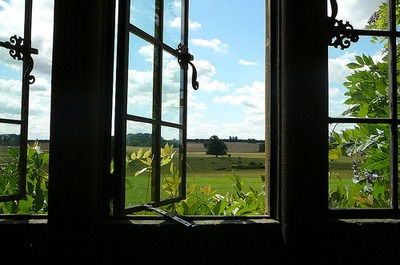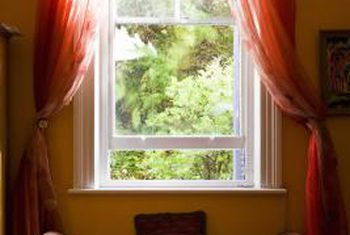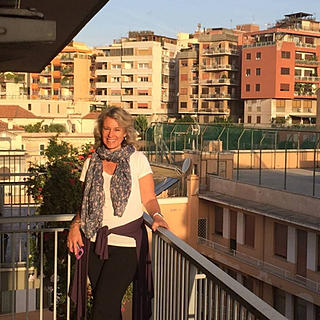Grown-up Open Windows
- Wendy Baker
- Dec 28, 2017
- 3 min read
As kids growing up in Vermont, we found #openwindows in old barns, sheds, garages, and buildings with great stories. They were wonderful playmates, passageways into the delicious unknown and/or a promise of freedom from the permissible. As adults, these inviting pathways into something new don't have to be a part of our past. In fact, these #openwindows have an important role in our professional lives - not as sources of loss to be contained as we can sometimes perceive, but as opportunities for unknown wonder that can lead us forward as we evolve.

In the field of education, we are constantly looking for something new, different, better. The words change, transformation, reform, and innovation are ever present, often used interchangeably, and generally refer to a new beginning of some kind. When assessing readiness for reform consultants and policy makers perform assessments to determine whether or not a system or a person is ready for change or is resistant to change. We pull together collections of behaviors and conditions we observe within an organization or person and determine whether that collection represents #openwindows that adequately support new innovation or a systematic renewal or #closeddoors that promote the status quo. We then develop a series of known strategies, in advance of implementation, that are designed to enable a reliable path to an established target - envisioned by those invested in the reform.

Unfortunately, this approach to transformation represents a linear thinking model that business left behind long ago. The relevant questions of today don't support a linear thinking model. They don't determine the extent to which an organization or individual is poised for change, nor do they determine the order in which certain identified steps are needed to secure a successful reform. We've done that - and it hasn't worked beyond a certain point (like a diet that doesn't get you the last ten pounds). Instead, the business community leads us to determine which #questions will best lead to new #insights, within the collective and its individuals. This more iterative approach to development prioritizes the journey over the trip - the arduous and unpredictable over the plotted and known. It positions #openwindows as an essential components of evolution, just as the gaming world has for decades.
Let's face it, none of us really know what the targets should be anymore (which is good news, by the way). We aim high but fall short if we stick to our plans. Research, politics, compassion, and new learning constantly show us that we need to consider something we never thought possible - before we've even thought of reaching the destination we previously envisioned. The pathways to these new considerations are our grown-up #openwindows. Just like the ones in the old barn, they're there if we know where to look for them, and we can go through them anytime we want.
How we might get away from the daily grind to consistently visit them is another thing. We all know how difficult that is, and the consultants are expensive. The Autodesk's Innovation Genome Project developed Seven Essential Innovation Questions that support the emergence of new thinking:
What could we look at in a new way?
What could we use in a new way, or for the first time?
What could we move, changing its position in space or time?
What could we interconnect, for the first time or in a new way?
What could we alter, in terms of design and performance?
What can we make that is truly new?
What can we imagine that would create a great experience for someone?
All of these questions apply to us as educators and to our school systems and organizations. Their reliable use creates #openwindows to climb through out of thin air, right in front of us. Unexpected insights await us on the other side. The best news is that the adult windows are, in fact, even more promising than the ones we discovered when we were kids. The #openwindows we find in adulthood are exponential. One leads to another, and another, and another. That only happened as a kid in the best of barns.

Finding these windows takes skill. We must know our landscapes and step gingerly sometimes. Unplanned personal and/or systemic discoveries come most readily as a result of the skillful implementation of humble inquiry and a reliance upon emergence. I don't have either of those mastered yet. I'm learning all the time. In my own hunt for #openwindows, I wonder what I need to look at in a new light, what I might need to use for the first time, and what I could interconnect, alter, or make in new ways. As we turn the corner into 2018, I look forward to dedicating time to imagining something that would create a great experience for someone - something small, maybe just an invitation. I'll be on the look our for new #openwindows that might show themselves with only a crack.







Comments